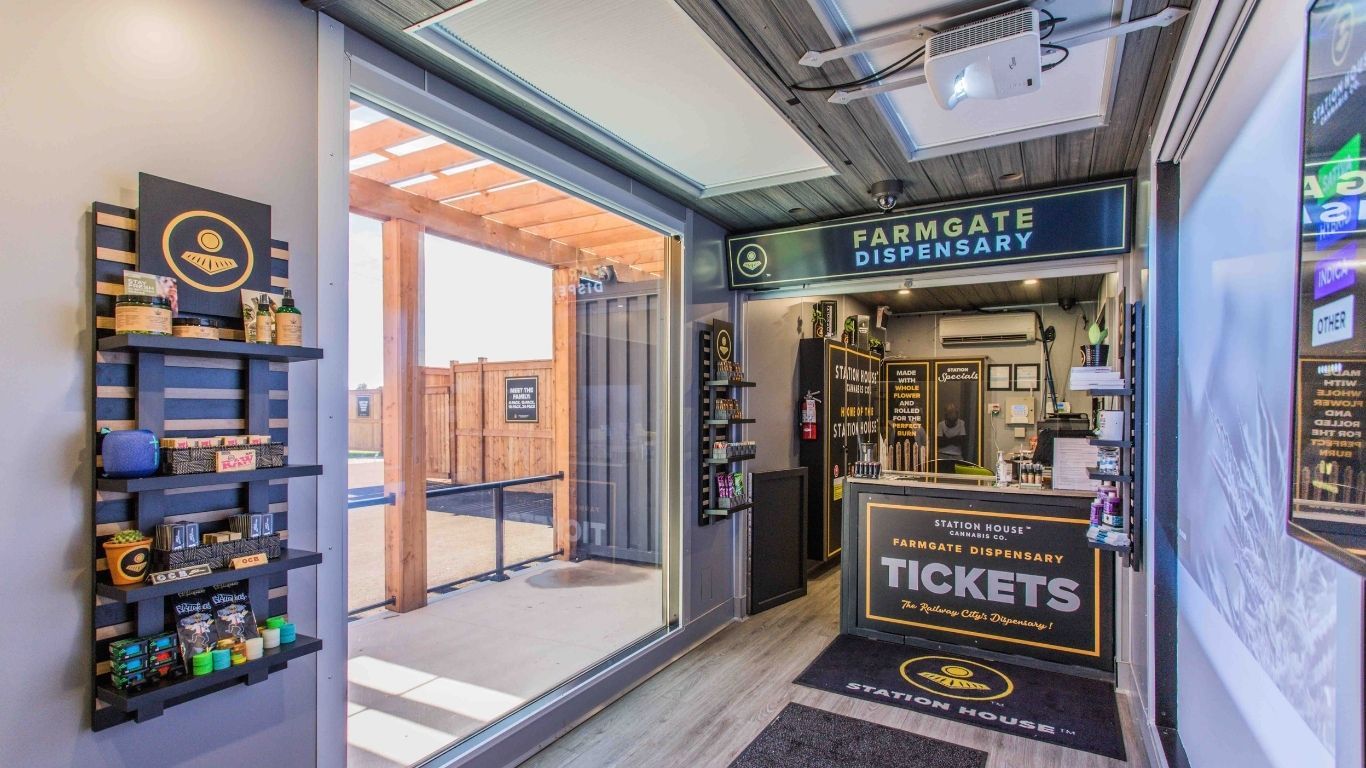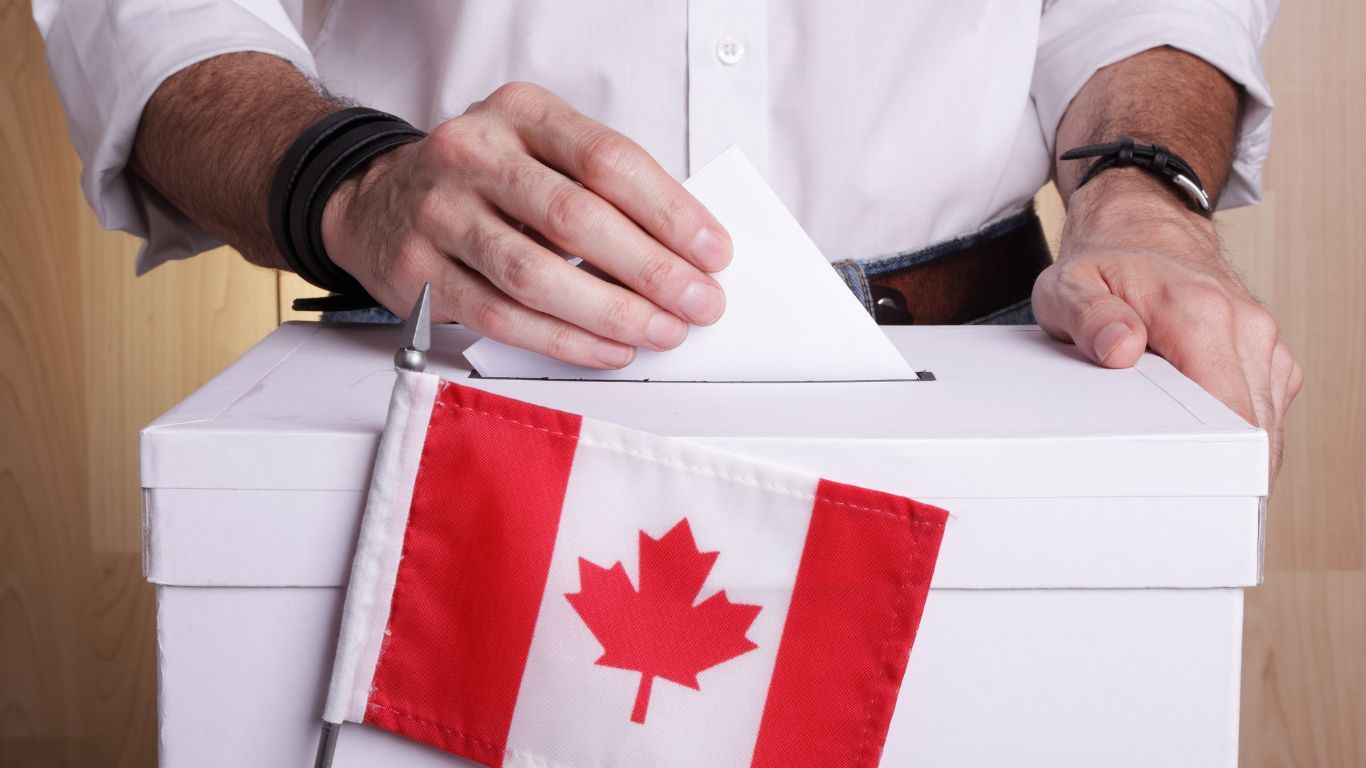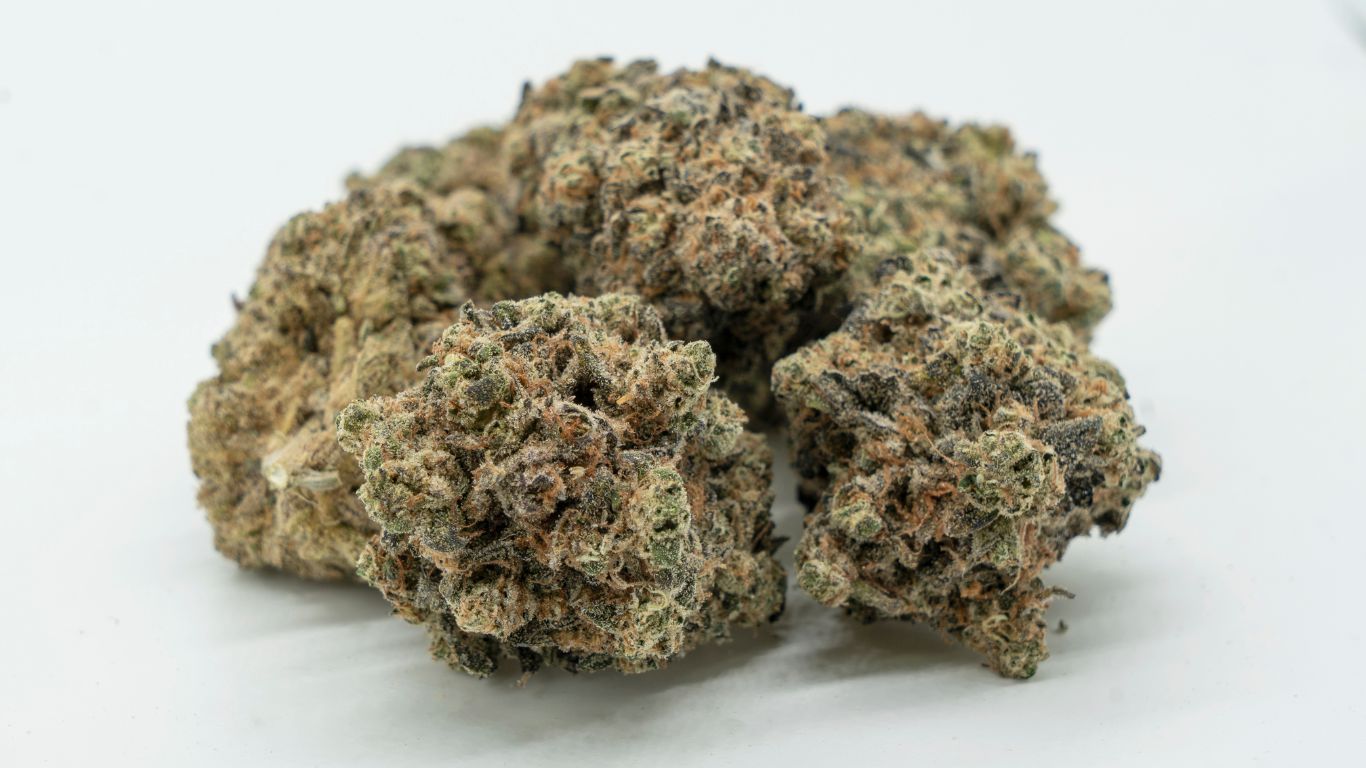
Cannabis producers in BC are looking forward to more details about the province’s farmgate program, to be announced sometime this year.
Although expectations are high, some in the industry say they hope the province takes into account some of the unique facets of BC’s diverse cannabis culture.
The province initially announced their intentions for future farmgate sales (and direct delivery) in 2020, and began stakeholder engagement in 2021, with the intention of implementing both by 2022.
The Liquor and Cannabis Regulation Branch (LCRB) has referred to their program as a “Production Retail Store” (PRS) licence which would allow micro cultivators, standard cultivator, and nurseries to sell their own products at their own production facilities or sites.
Although specifics on the plan are still not available, the BC government has provided the industry with some details on the farmgate plan. For example, the province has also said they may not allow stand-alone processors of any size to take part in the program but would allow licence holders who possess both a cultivation and processing licence together to take part. The government has also suggested that growers may only be allowed to sell cannabis that they grew, rather than selling similar products from other growers.
While farmgate could work well for some producers, others say they don’t think it makes sense for them, especially with the proposals the provincial government has been hinting at. Building and staffing a new retail store will be costly, and for many of BC’s more remote cannabis farms, the likely small amount of traffic won’t necessarily make the model viable.
In Ontario, where there was initial excitement when the province became the first to unveil their farmgate program in 2020, many producers chose to opt out, arguing that it made more sense to just work with local retailers rather than investing in all the retail infrastructure itself.
Shannon Ross, the CEO of Antidote Processing Inc, an applicant for a processing licence that is located just outside Nelson BC, says she wants to see a program that takes into account the unique nature of communities like the central Kootenays.
Currently in the application stage of licensing, Antidote intends to become a processing hub for many of the small growers in their region of eastern BC. As such, Ross says she would like to see a farmgate model that would allow a stand-alone processor like Antidote to serve as a retail hub where they can sell all the products from the different cultivators in the region, many of whom may be too remotely located to run their own retail store.
“We are very rural and have small populations spread out in far, remote regions, and road closures are common between October and April,” explains Ross. “The height of tourism is between May and September when cannabis is being grown and not ready for sale until November when winter hits and tourists stop visiting farms. Centrally located farmgate’s that feature multiple craft products will be essential to keep sales alive throughout the winter.”
Ross says she hopes that any farmgate model will also allow for on-site consumption —something the province has said they are considering—as well, much like how many wineries operate.
“Similar to vineyards in the Okanagan, Kootenay farms will highlight unique cultivars and flavours that excite the consumer. Imagine a Bud & Breakfast located in the pristine mountains of the Kootenay where you can tour a farm, meet the farmer, taste and touch products and go soak in nature. Consumption spaces are essential to making this a successful model, consumers crave the ability to sample products before purchasing. People want to celebrate and socialize together in areas where they are free to consume cannabis, a farm is a perfect place for this type of activity.”
Colin Davison, the director and president at McIntyre Creek, an outdoor cultivator in Oliver, uses a similar comparison to wineries and wine tours.
“We’re definitely looking forward to farmgate in British Columbia,” says Davison. “That would be a much-needed benefit to our outdoor business and a much-needed avenue to bring our products into a retail setting.”
“It’s such a great opportunity for outdoor growers,” he continues. “If you look at wineries, having a membership and people come out to the winery, that would be a great way to link up with other outdoor growers, have tours and be able to cross-market our farms together.”
Not everyone is excited by the plan, though. Ben Williams, the owner of Joint Venture Craft Cannabis, a processor in Salmon Arm, says he thinks the industry has put too much emphasis on farmgate and isn’t taking into account all the extra steps it will take a producer to also build, manage and run a retail site.
“The whole idea of farmgate is flawed and stupid as far as I’m concerned,” says Williams. “I don’t see it like the wine industry at all. Growers tend to be very private people and I don’t think a lot of them want someone driving down their driveway.”
“It’s a shame,” he continues, “because the concept is setting growers up for failure. Growers that have bought into this legal supply chain have been struggling since day one to find their path and farmgate has been offered as some kind of saviour to give them control and get them into the market.”
Originally a micro processor, Joint Ventures transitioned to a standard processing licence in 2020 so they could work with more local producers, many of them micro cultivators from across the province. Despite being centrally located in downtown Salmon Arm and in many ways well positioned to sell an array of BC grown micro products, the rules as proposed by BC so far would not allow them to take part in farmgate as a stand-alone processor.
But even if they could, he says he would rather work with other local retailers, one who is just across the road from them in Salmon Arm, than compete with them directly.
“People want to shop around. The retail experience is successful because there’s variety. If a grower can only sell what they grow, is that even enough to make a farmgate store worthwhile? Unless you’re growing 100 different strains you can sell at the end of your driveway, it isn’t going to be able to compete. So we believe in leaving retail to the professionals.”
Although The BC Cannabis Secretariat and the BC LCRB have said they intend to launch both their farmgate PRS licences as well as their direct sales model in 2022, no more details have yet emerged. Sources close to the file say an announcement on farmgate could be as early as this spring.
Ontario and New Brunswick are the only two provinces with farmgate operators at this time.
Featured image of Station House Cannabis, the retail location attached to Sensi Brands, Ontario’s third cannabis farmgate store.











